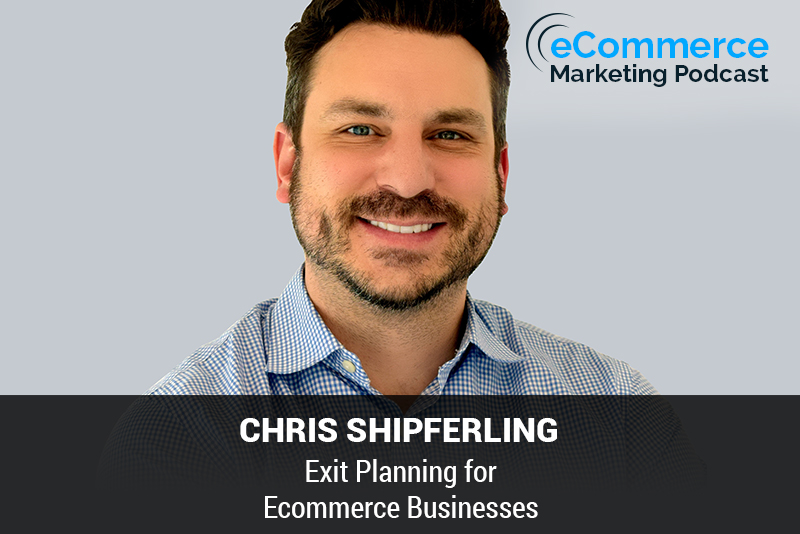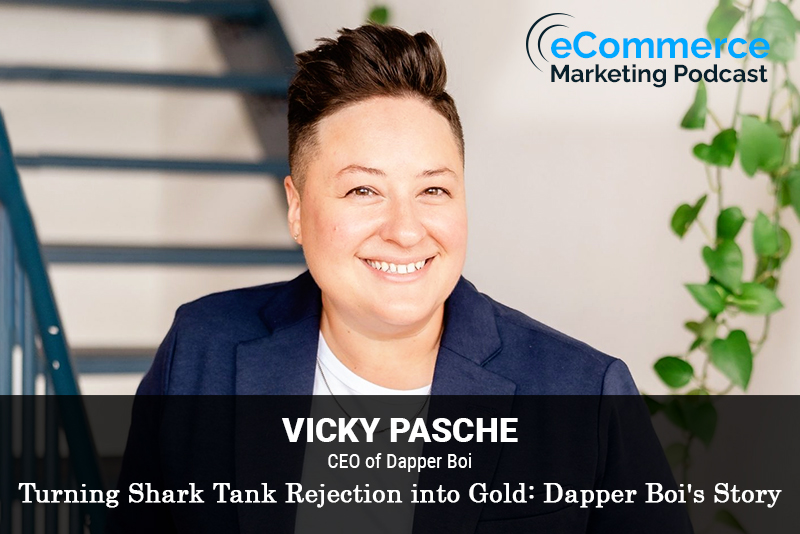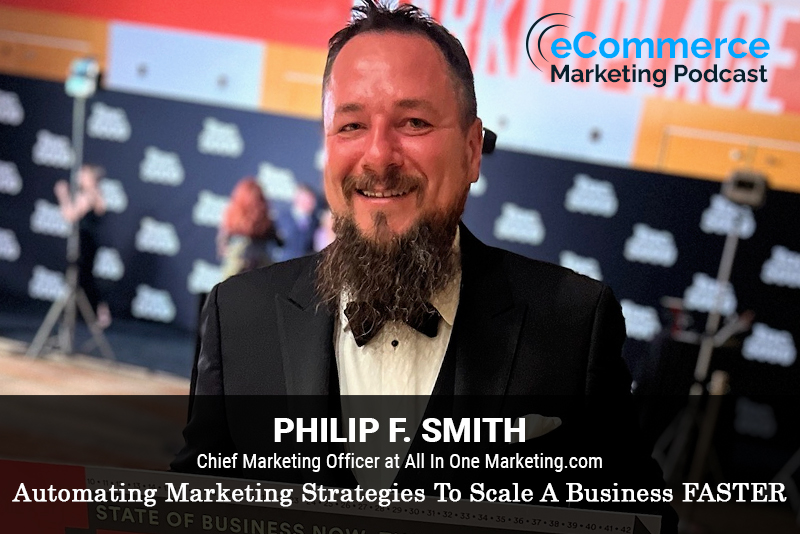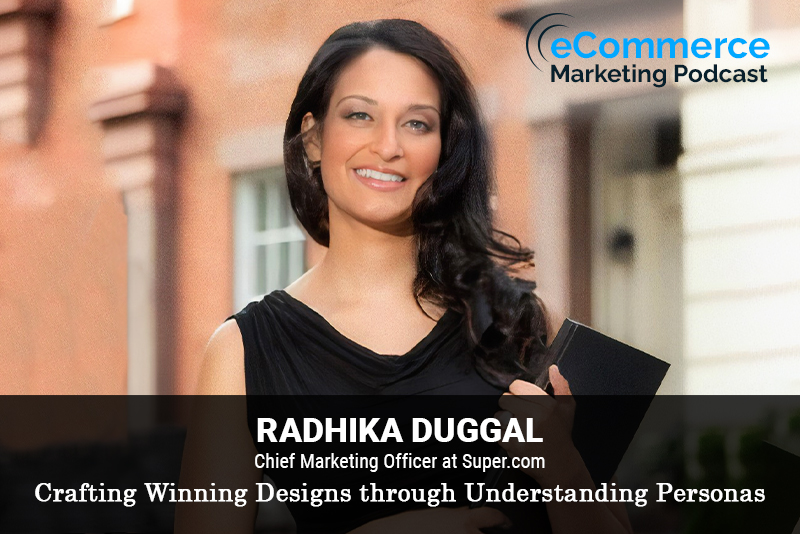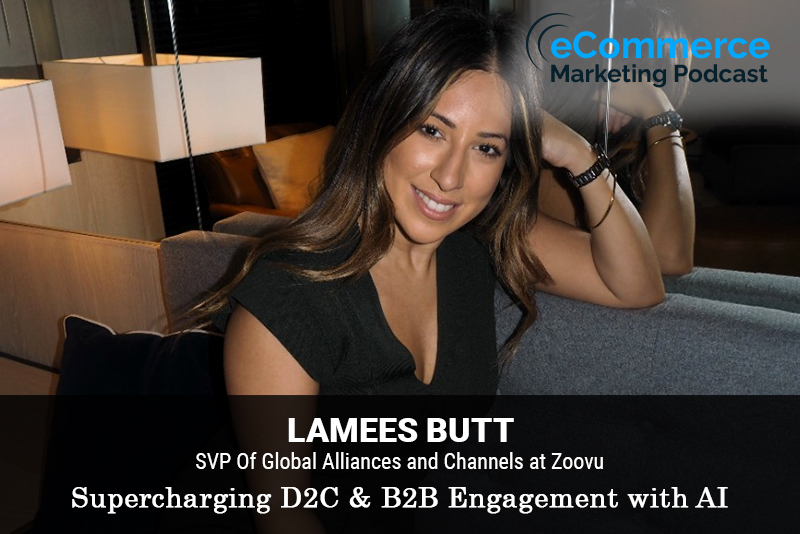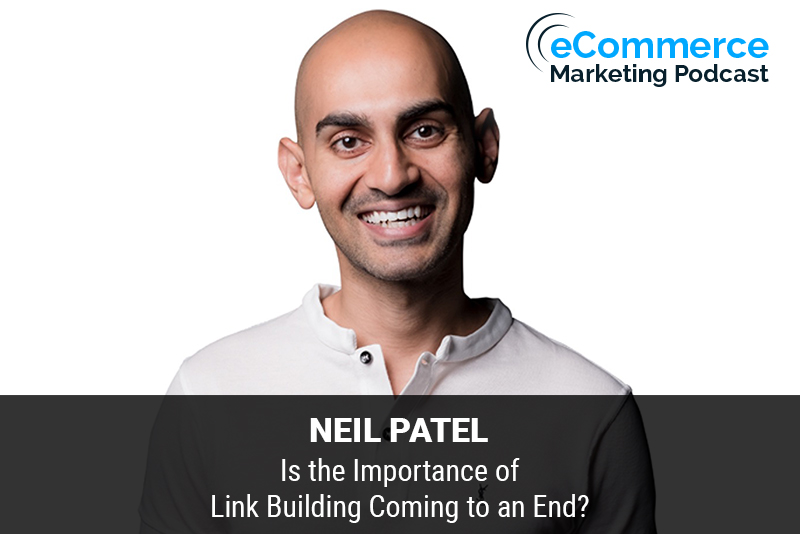
The eCommerce Marketing Podcast walks you through everything that goes into ecommerce marketing — from inbound marketing to paid advertising to conversions. Learn the strategies top marketing experts use to grow their businesses.
Marketing Strategies Revealed in this Episode:
- When to start exit planning
- What items you need to have in place
- How to determine valuation
- Ways to increase value
- Recommended exit planning resources

Episode Title: Exit Planning for Your eCommerce Business
Guest: Chris Shipferling, Managing Partner at Global Wired Advisors
In this episode of the eCommerce Marketing Podcast, Arlen Robinson interviews Chris Shipferling, Managing Partner at Global Wired Advisors. Chris shares his extensive experience in high-level consulting for multi-million-dollar omni-channel, digitally native, and Amazon-based private label and reseller brands. The discussion focuses on the critical aspects of exit planning for eCommerce businesses, providing insights on when and how to start planning, the necessary preparations, and how to determine the valuation of a business.
Key Takeaways:
- Introduction and Chris’s Background (00:01:00):
- Chris Shipferling’s journey from sales and marketing executive roles to focusing on digital marketing and Amazon-based businesses.
- Global Wired Advisors’ mission to provide superior investment banking services to small and lower middle market businesses.
- When to Start Planning for Exit (00:05:00):
- Recommended timeline for exit planning is 18 to 24 months before the desired exit date.
- Importance of preparing well in advance to maximize business value.
- Preparations Needed for a Smooth Exit (00:08:00):
- Cleaning and organizing books and tax returns.
- Structuring the company with clear processes and automation.
- Ensuring the business is scalable and has potential for growth.
- Focusing on cash flow and EBITDA (Earnings Before Interest, Taxes, Depreciation, and Amortization).
- Determining Business Valuation (00:15:00):
- Valuation is based on cash flow or EBITDA, multiplied by a market-accepted range.
- Factors affecting the valuation include market share, exclusivity, intellectual property, and future growth potential.
- Increasing Business Value (00:20:00):
- Focus on diversifying revenue streams away from platforms like Amazon.
- Increasing Average Order Value (AOV) and Lifetime Value (LTV) of customers.
- Owning customer data to leverage for growth and marketing strategies.
- Advice for eCommerce Businesses (00:25:00):
- Emphasize the importance of owning your data and diversifying revenue streams.
- Increase key metrics like AOV and LTV to make the business more attractive to buyers.
- Engage in consistent and effective digital marketing strategies.
- Resources for Exit Planning (00:30:00):
- Hire a great digital marketing firm to help increase revenue through your own website.
- Utilize evaluation tools provided by firms like Global Wired Advisors to get an initial understanding of your business’s value.
Guest Information:
- Name: Chris Shipferling
- Position: Managing Partner at Global Wired Advisors
- Contact: Global Wired Advisors

